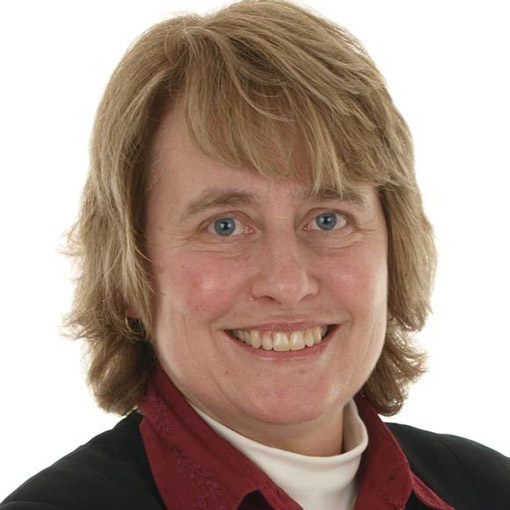Remembering
November 08, 2022 | Author: Gunn | Volume 29 Issue 45
 In a few days, Canadians will gather around memorials and mark Remembrance Day, formerly called “Armistice Day.” Since 1919, the members of the Commonwealth have marked the signing of the Armistice Agreement that ended World War 1, November 11, at 11 a.m.—the eleventh hour, of the eleventh day, of the eleventh month.
In a few days, Canadians will gather around memorials and mark Remembrance Day, formerly called “Armistice Day.” Since 1919, the members of the Commonwealth have marked the signing of the Armistice Agreement that ended World War 1, November 11, at 11 a.m.—the eleventh hour, of the eleventh day, of the eleventh month.
Before the ceremony starts, Vigil Sentries will stand vigil at the memorial. This is an honour for those who have distinguished themselves in such areas as deployment, conduct or other criteria.
In 2021, Corporal Nick Kerr of the Canadian Armed Forces Transition Group, spoke of this honour, “I am very humbled and honoured to be selected as the special guest to the Acting Chief of the Defence Staff. During our mission in Afghanistan I lost twenty-four friends and work colleagues, eight of whom I was a pallbearer for – one in particular was a very close friend to me, Corporal James Arnal. I personally use this day to reflect, pay my respects and remember my friends, work colleagues, and all those who have paid the ultimate sacrifice. Lest we forget.”
May we remember always to honour those who have represented us in war—both those who have returned and those who have paid the ultimate price.
According to our Canadian government “. . . the use of 'Last Post' and ‘Reveille’ (Rouse) is used to draw the symbolic association between the soldier’s last duty of “sitting sentry” (death) and his ‘rising’ above his mortal duties (reveille).”
This acknowledgment of our being raised up when our earthly journey is done is profound. It acknowledges our Christian heritage; our Christian belief in the resurrection of the dead. Our acknowledgement of Christ as the firstborn among the dead. It underscores the truth that sacrifice has a great reward and that even death is not the end. As Jesus said, “He that believeth in Me, though he were dead, yet shall he live; and he that liveth and believeth in me shall never die.”
Canada has been—for decades—locked in a battle to define who we are as a nation. Our current Prime Minister’s father, Pierre Trudeau, announced to Parliament in 1971 that “. . . there is no official [Canadian] culture . . . .” Those thoughts were reiterated by our current Prime Minister, Justin Trudeau, in 2016, who said, “There is no core identity, no mainstream in Canada.” Justin Trudeau went on to say that he sees Canada as “the first post-national state.”
My grandfather—like many of your fathers and grandfathers—went overseas to fight WW2 in Europe. He stood with most freedom-loving nations and fought to restore freedom to Europe. If we have no culture that embraces freedom, why did he and so many others fight? Why were people willing to give their lives for the concept of freedom? Why did they not simply allow Hitler full rein to take over Europe?
If there is no culture worth preserving, why do our soldiers offer their lives up in UN peacekeeping missions? Why did they fight the Gulf War? I have family who were deployed there. Why, if not for something that is worth preserving?
Today, in the charge of the left toward all things being relative, much has been left untended in the battlefield, including our culture of loving freedom. As we face pressure to conform in every way to the mould designed by those who love conformity at all cost, we see our freedom to speak curtailed by speaking only that which is socially acceptable. We see our freedom of religion pressed into a cupboard deep within our homes—never facing the light of day. We see our freedom of the press purchased by government funds.
And what of those equalities that were once so cherished? We see conflicting world views on the status of women. Last year, our government refused to protect females from sex selective abortions. Surely to allow the killing of girl babies because they are girl babies is an inequality. But the majority of our legislators were not willing even to speak up for the protection of baby girls. They did not display the kind of courage that our soldiers have shown on the battlefield, where the price of courage is so much higher. The kind of courage necessary to defend freedom for all.
As we look to commemorating Remembrance Day on Friday, I encourage everyone to take some time to mark the lives that have been lost to freedom. Then hear this directive from the soldier-poet who authored Flanders Field:
Take up our quarrel with the foe:
To you from failing hands we throw
The torch; be yours to hold it high.
If ye break faith with us who die
We shall not sleep, though poppies grow
In Flanders Field.”
—John McCrae.
CHP Canada will not “break faith”! We will receive the torch that has been thrown to us, and we will carry it on for future generations. Join today!
Other Commentary by Gunn:
- Stomping on Democracy in Canada
- What Does Canada’s Lagging Productivity Mean?
- Communism vs Democracy in Canada
- Dismantling Canada: Brick by Brick
- Are Victims Valueless?
- New Pea Shooters for Our Canadian Military?
- He Never Slumbers Nor Sleeps
- The Nonsense We Live With
- Quit Whining and Do Something!
- The Canadian Government Is Deaf to Parents
- Your Papers, Please
- Justice Denied!